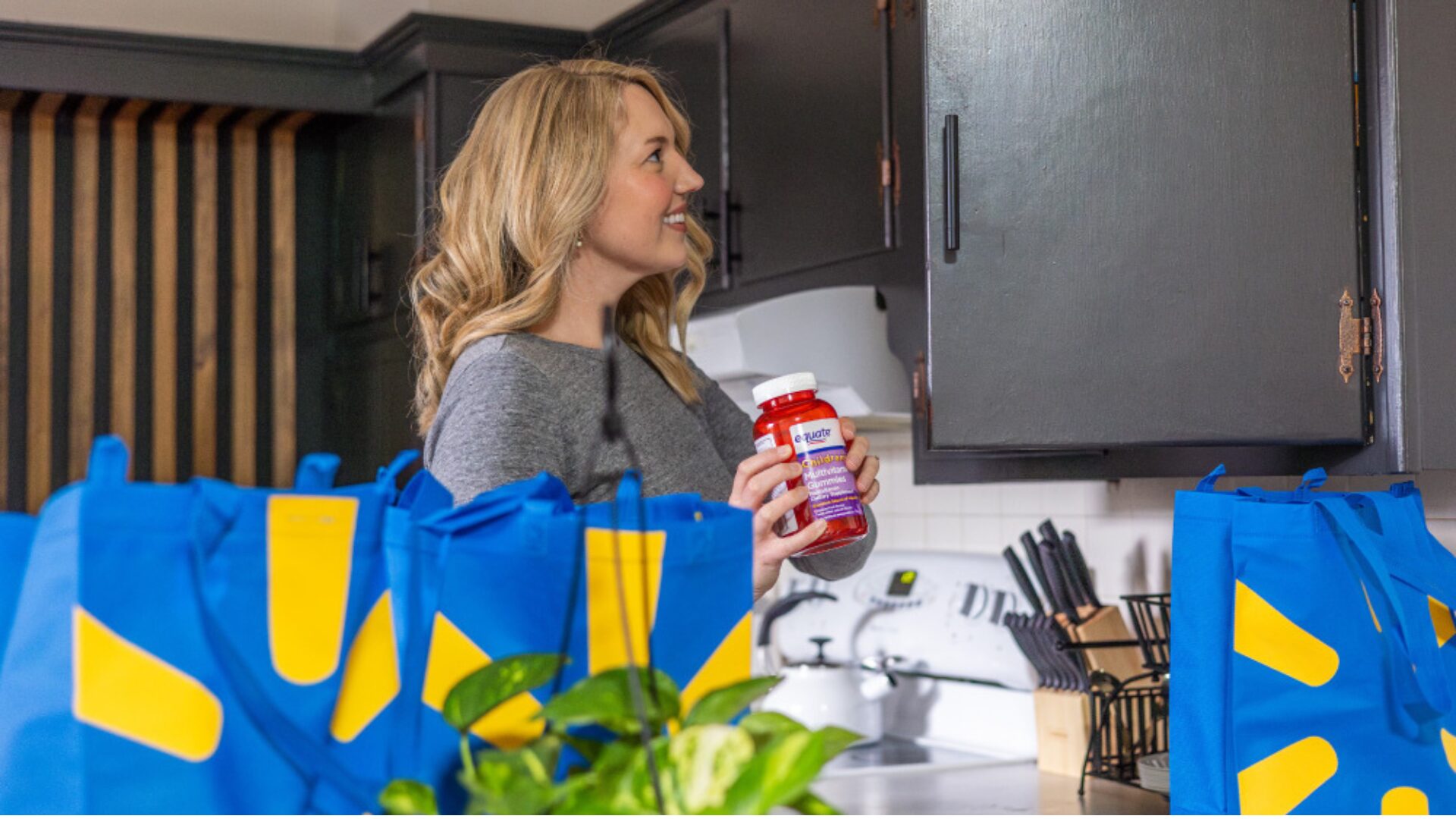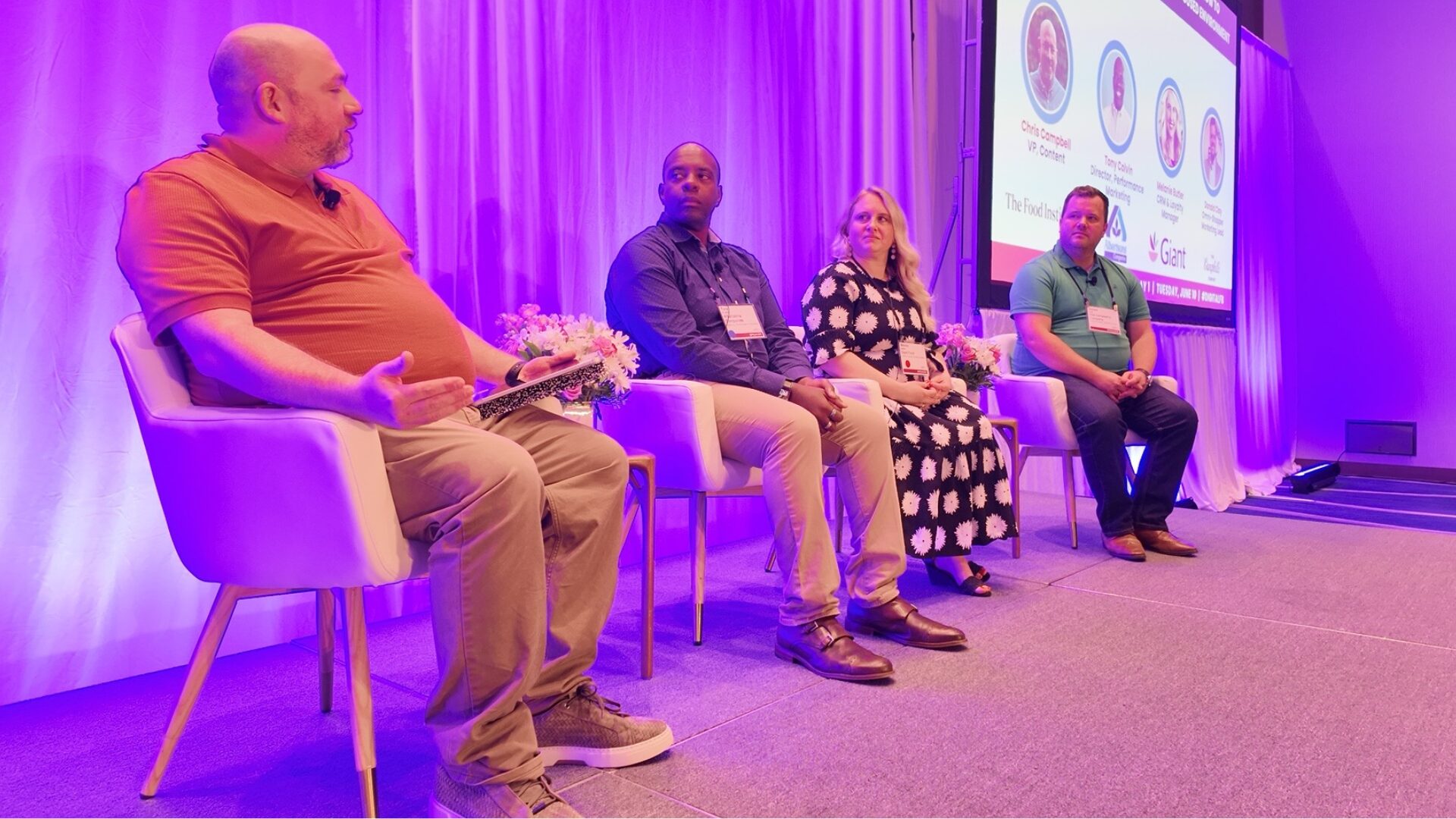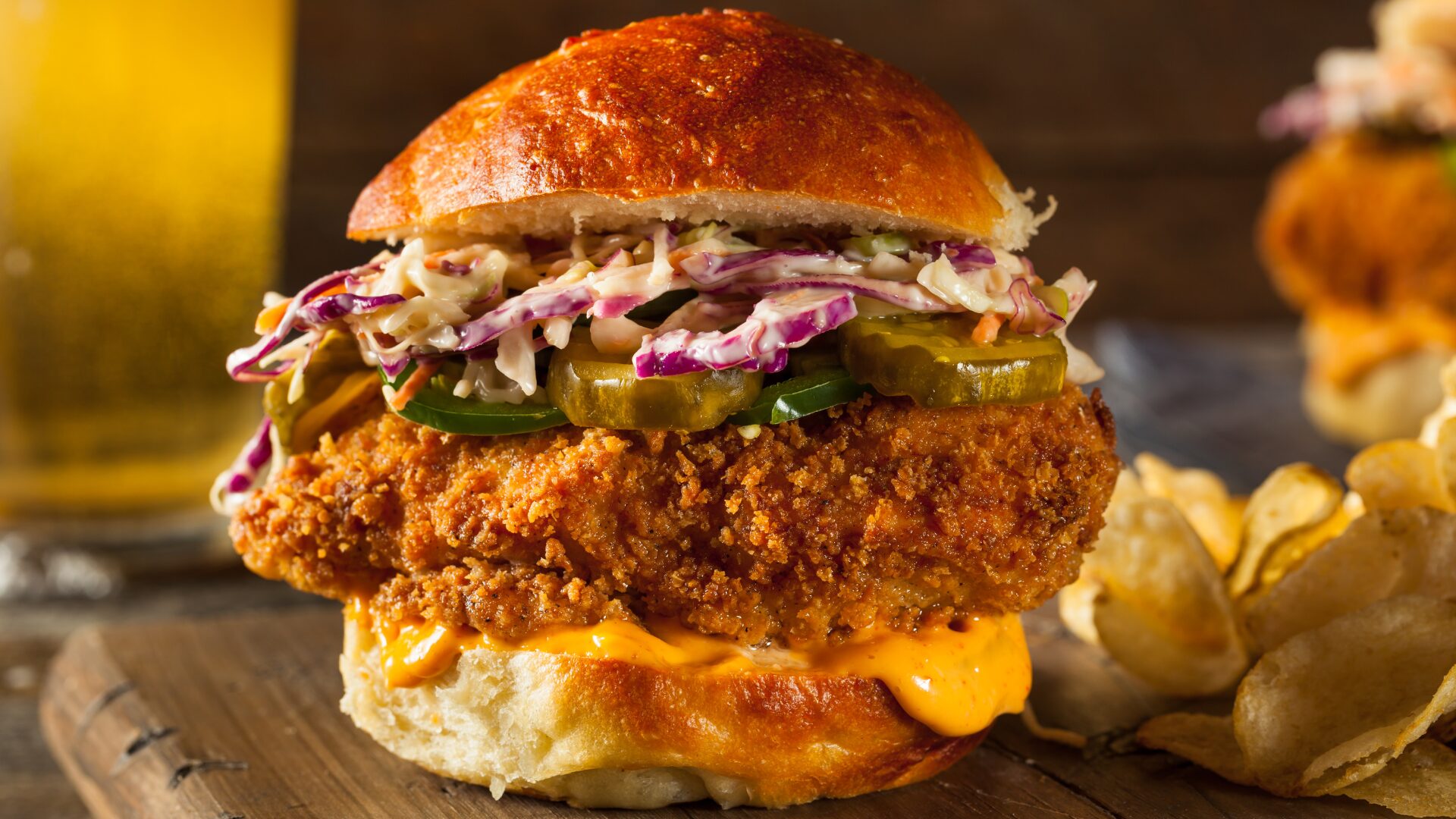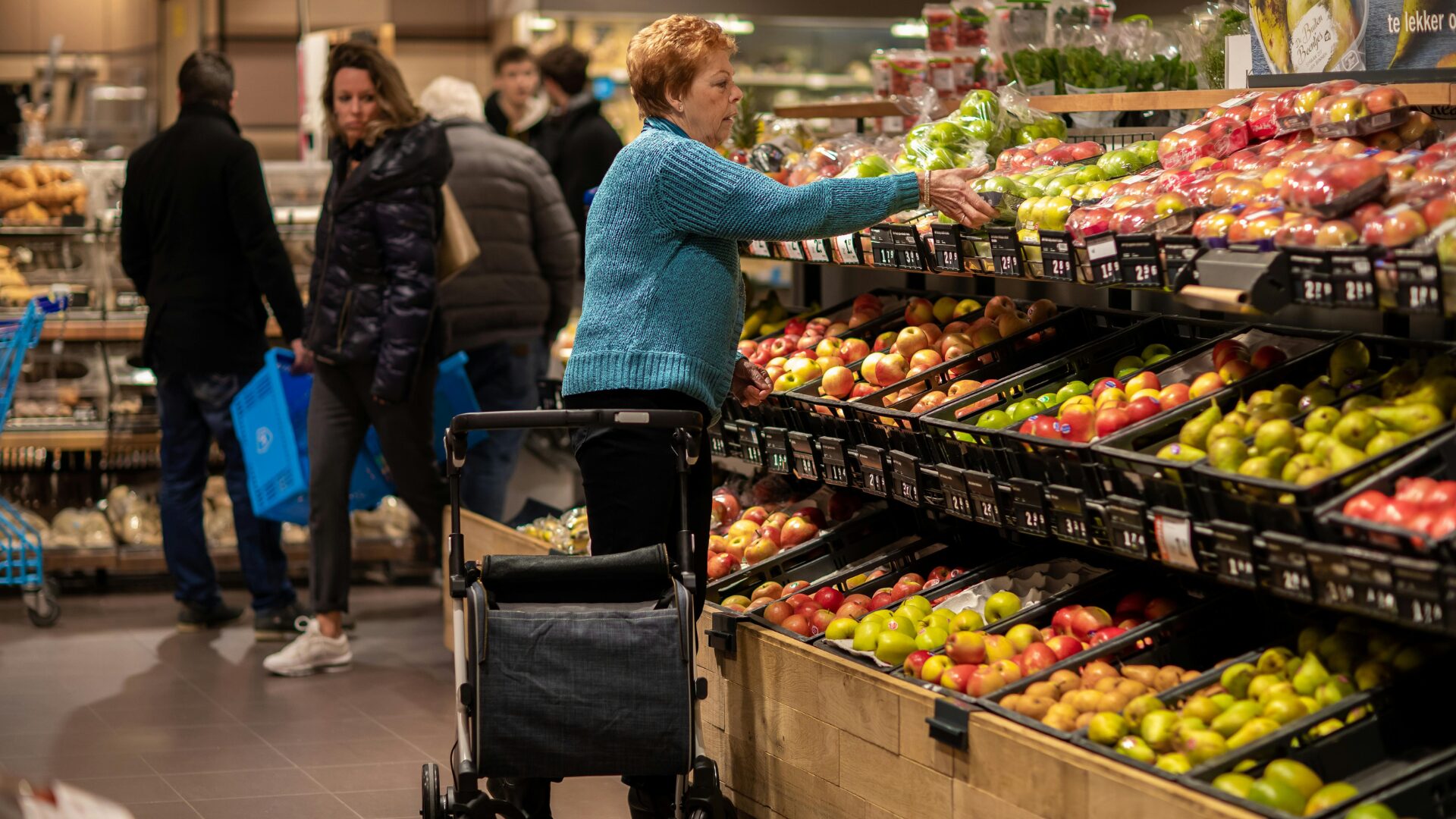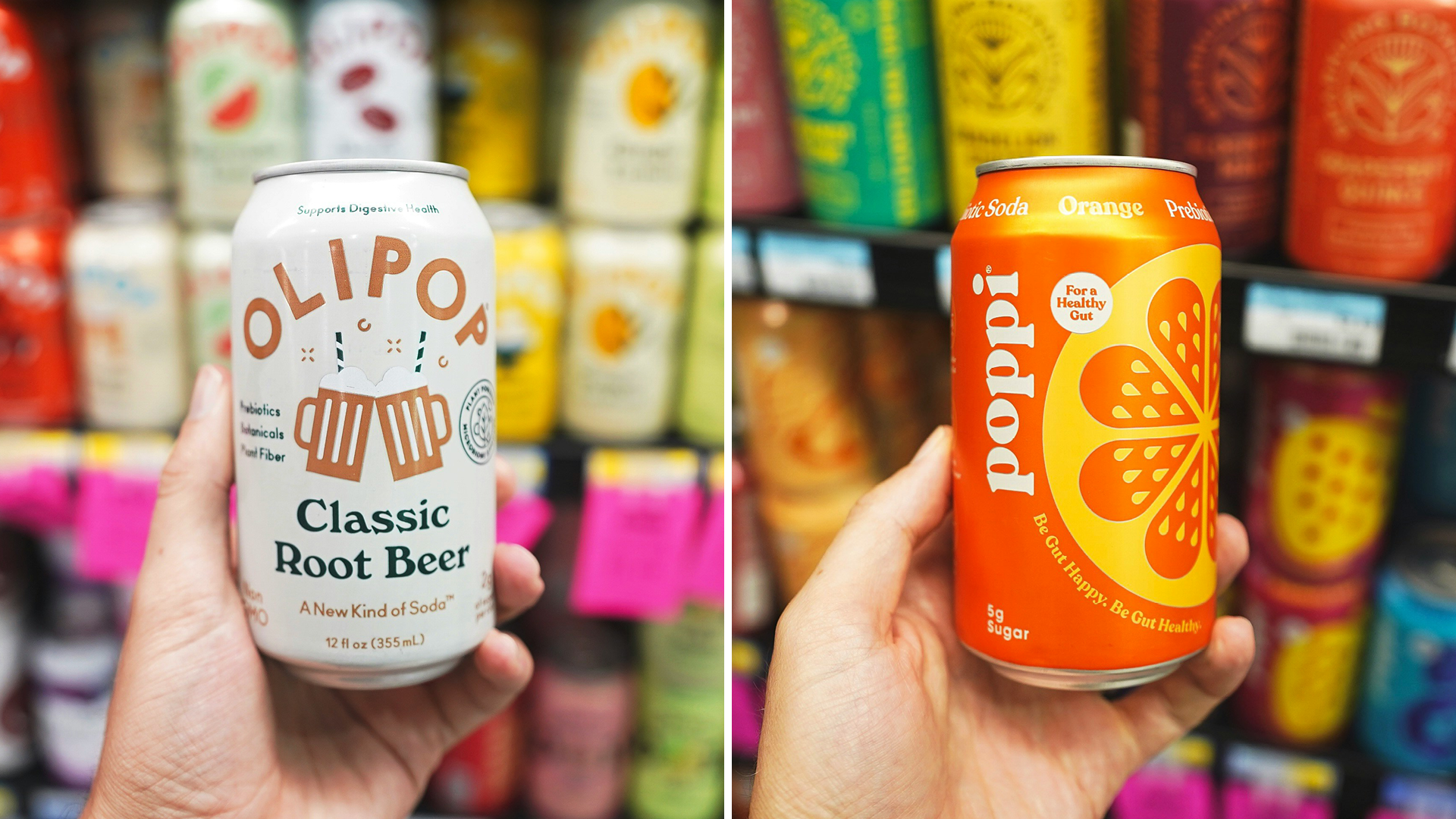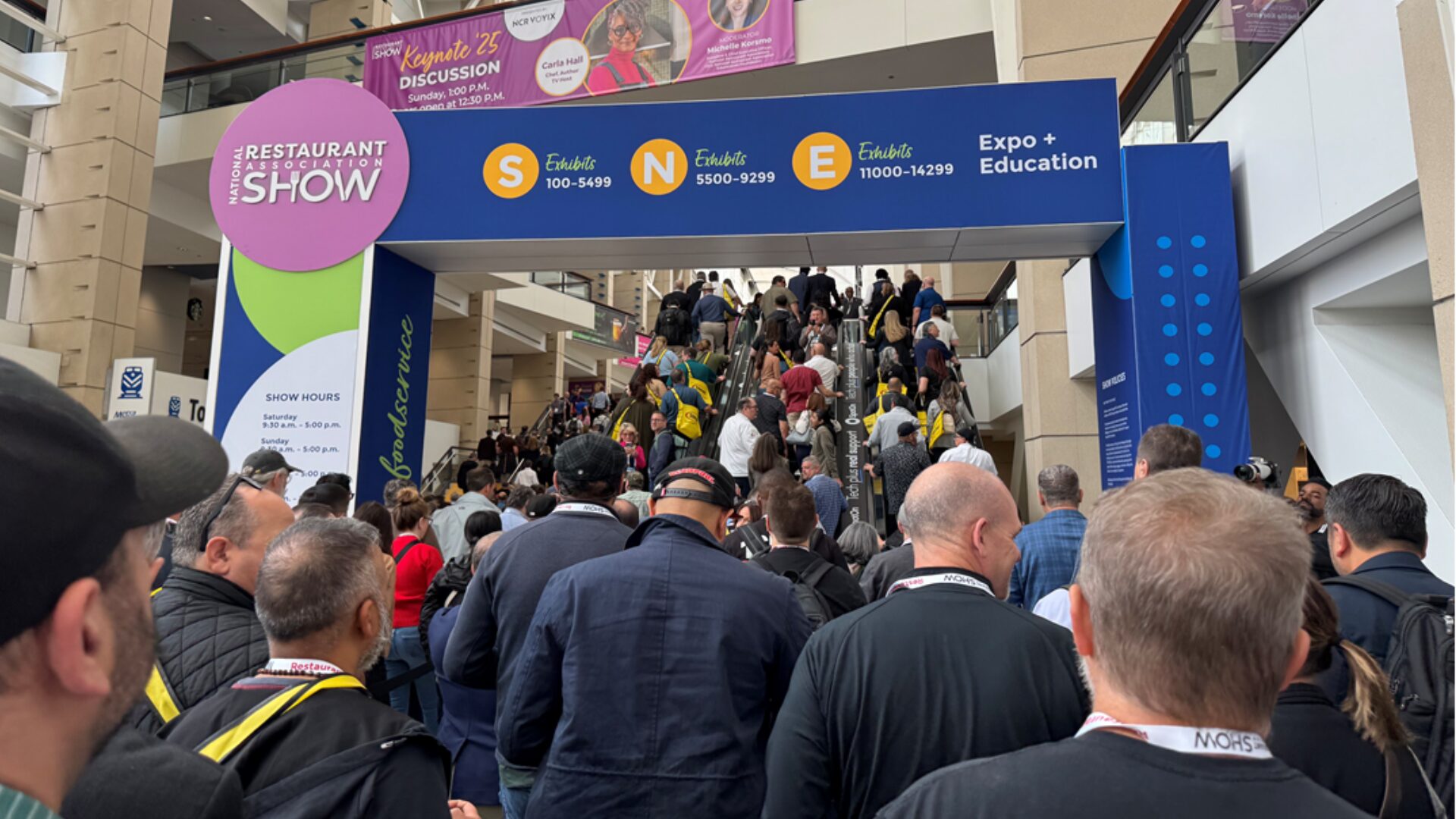Food retailers are partnering with technology companies to make their operations more efficient as the COVID-19 pandemic continues.
Giant Eagle now operates FlyBuy Pickup, a curbside and in-store pickup program. FlyBuy, using location technology from Radius Networks, is designed to make the supermarket chain’s existing curbside pickup faster and more effective.
Using location services only related to the order experience, the FlyBuy Pickup technology accurately predicts the guest’s estimated time of arrival. It then sends alerts to the store along the way so store team members can properly prioritize order fulfillment and have an order ready as soon as a guest arrives.
“The FlyBuy platform helps us better manage the influx of Giant Eagle Curbside Pickup orders being placed,” said Giant Eagle’s VP of eCommerce operations, Valery Ciarimboli. “Having a system in place that enables us to ensure an order is ready and waiting when a customer pulls up is essential to our goal of meeting the increased demand with efficiency.”
According to C+R Research, nearly 70% of Americans said they changed their grocery shopping habits to an alternative pickup or delivery method—which emphasizes the need for better, more efficient technology.
Since the beginning of the pandemic, online grocery sales have been booming, five times larger than it was one year ago, with curbside pickup up over 150%, according to Brick Meets Click. When the pandemic subsides, 75% of consumers that subscribe to multiple delivery services said they would likely continue to opt for curbside pickup.
In Canada, Sobeys is offering its Viola curbside pickup service at three Nova Scotia stores, allowing customers to select a one-hour window for contactless pickup, reported The Produce News (Sept. 18).
The program will expand across the country over the next few years. Empire, the parent of Sobeys, is currently building a customer fulfillment center in Montreal for home delivery services and plans to build two more to cover 75% of Canada’s population.
Another area of technology retailers are investing in is artificial intelligence (AI).
For example, The Kroger Co. plans to roll out Everseen’s Visual AI technology chainwide to detect and reduce customer errors at self-checkout stations, reported Supermarket News (Sept. 22).
Ireland-based Everseen’s AI and machine learning platform began deployment in Kroger stores in March and is slated to be installed at 2,500 stores in the coming months.
The Visual AI platform watches video in real time to recognize regular processes and “intelligently” step in whenever something is amiss. For Kroger shoppers, the technology flags errors occasionally experienced at self-checkout and enables customers to self-correct or, if they’re unable to rectify the problem, an associate is summoned to help.
“Everseen’s unique Visual AI technology is transforming the way retailers can manage their end-to-end operations to drive perpetual inventory accuracy, prevent stock loss, and empower autonomous processes,” said Chris Taylor, chief sales officer for Everseen. “Ultimately, our job is to take a customer-first approach to making retailers such as Kroger more efficient and profitable.”
In Europe, Symphony RetailAI signed a significant agreement with European grocery banners Intermarché and Netto to help them boost their performance throughout the supply chain, reported Progressive Grocer (Sept. 23).
The vendor is “entering into a strategic partnership that resulted from an 18-month collaboration and a detailed analysis of our capacity to support and accelerate the digital transformation of Intermarché and Netto,” said Arnaud Gauthier, president, CCO, International at Symphony RetailAI.





